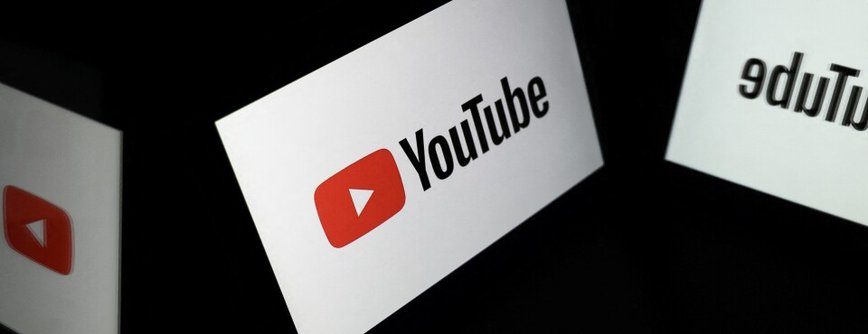
Youtube'S Ai Age Verification: A New Digital Era on OnlyLikeFans

YouTube Launches AI-Driven Age Estimation
On August 13, YouTube rolled out an innovative artificial intelligence system to estimate user ages, a move reflecting the swift impact of the U.S. Supreme Court's decision in Free Speech Coalition Inc. et al. v. Paxton. This AI analyzes viewing patterns and search history to identify users who might be minors, ensuring they receive appropriate content safeguards.
The Supreme Court's ruling validated state authority to enforce age verification for explicit content access. This decision has prompted major platforms like YouTube to adopt advanced tech solutions to address these new compliance demands. The ruling signals a seismic shift in the online landscape, with implications for digital business operations and legal liabilities.
YouTube's Strategy and Implementation
YouTube's AI system cleverly assesses user age based on behavioral data, such as video preferences and search topics. Users flagged as minors will automatically have safety features activated: restricted access to adult content, personalized ads disabled, and digital well-being reminders turned on.
“While innovative, this approach raises privacy concerns with the data collected to verify age,” notes a privacy advocate.
The approach circumvents universal ID checks but brings its own challenges. Incorrectly flagged adults must verify their age with government ID, credit card, or selfie – sparking privacy concerns over sensitive data collection. As AI verification becomes standard, the "reasonable" threshold rises, increasing compliance burdens on businesses.
The Broader Impact of Age-Gating Laws
Texas House Bill 1181, central to the Free Speech Coalition case, is part of a wave of state-level age-gating laws focused on keeping minors from explicit content. These laws mandate "commercial age verification systems" for online platforms, encouraging the use of government IDs or other "commercially reasonable" methods.
With the Supreme Court's decision, state legislations like Texas's are arguably shielded from legal challenges, although uncertainties remain about broader statutes extending beyond H.B. 1181. The decision also altered the scrutiny standard applied, suggesting that age verification regulations focused on access rather than content may withstand legal tests.
New Liability Landscape
Platforms now face liability risks if they fail to implement adequate age verification systems as required by laws like Texas H.B. 1181. This could lead to increased civil suits, with states like Indiana already allowing direct parental claims against platforms for violations related to minors.
The analogy to the Trafficking Victims Protection Reauthorization Act suggests that failing to meet statutory screening duties could result in claims of negligence, linking lapses directly to minors' exposure to harmful content.
The Future of Online Compliance
The Free Speech Coalition decision gives state legislatures more power to hold platforms accountable for protecting minors online, raising compliance stakes. This new dynamic, driven by statutory mandates, is set to elevate industry standards and redefine legal norms.
Regulatory probes and private lawsuits are expected to rise. Like the TVPRA, the biggest impact may not come from fines but from extensive legal proceedings and reputational damage. Online platforms must adapt their risk strategies to navigate these evolving legal landscapes effectively.















